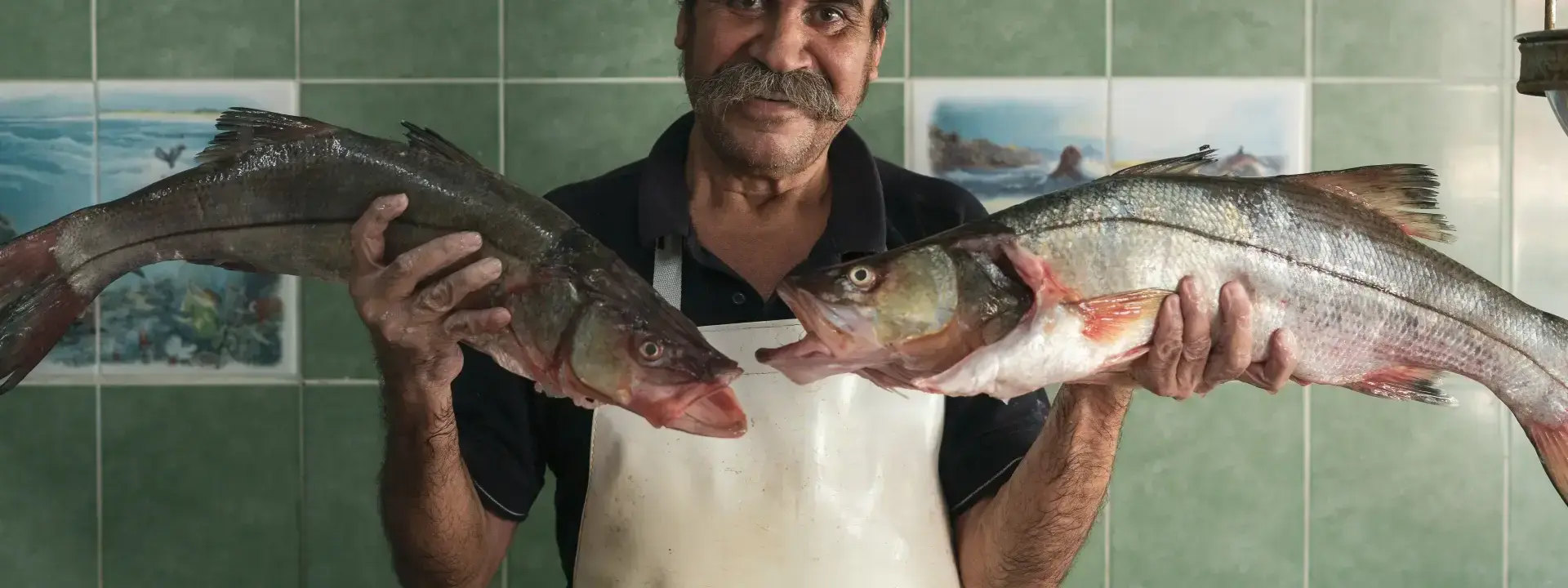
Fishmonger Job Description
What is a Fishmonger Professional?
A fishmonger is a person who sells raw fish and seafood. Fishmongers can work in a variety of settings, including grocery stores, wholesale markets, and seafood restaurants. They often have expertise in handling, cleaning, and filleting different types of seafood. Fishmongers typically buy their products from fishermen or fish farmers. They may also purchase seafood that has been previously frozen. Once they have obtained the fish, they will clean it and prepare it for sale. This usually involves removing the guts and scales, as well as cutting the meat into smaller pieces.
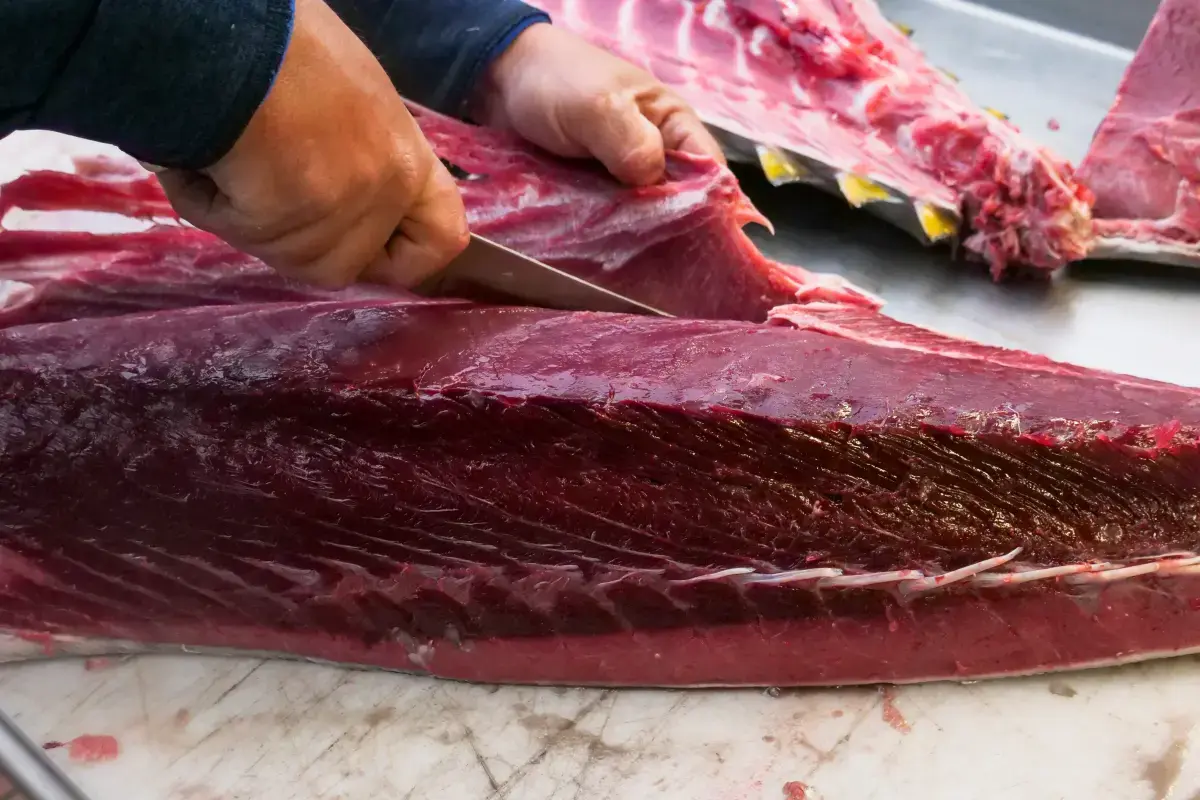
What does a Fishmonger Expert do?
Fishmongers must have a good knowledge of different kinds of seafood in order to be able to advise customers on what to purchase. They should also be able to answer questions about how to cook or prepare certain types of fish. Most fishmongers are required to complete a period of apprenticeship before they can obtain a license to sell fish commercially. In some areas, such as the United Kingdom, there are specific qualifications that need to be met in order to become a licensed fishmonger.
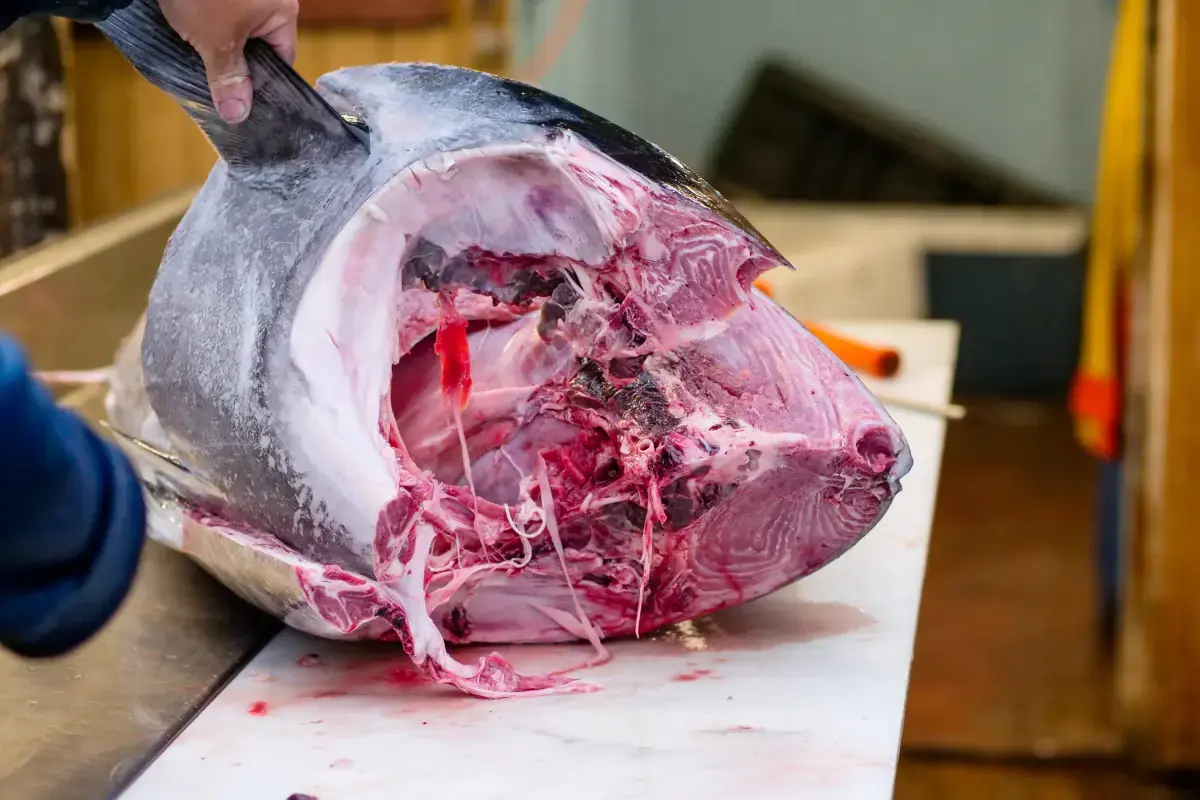
What are the Skills of a Fishmonger?
A fishmonger is someone who sells seafood. They can work in a grocery store, a fish market, or a seafood restaurant. Some fishmongers may also catch their own fish. Fishmongers need to have knowledge about the different types of seafood and how to prepare it. They should be able to identify fresh fish and know when it is no longer good to eat. Fishmongers must be able to cut and clean fish properly. They may also need to smoke or cure fish.
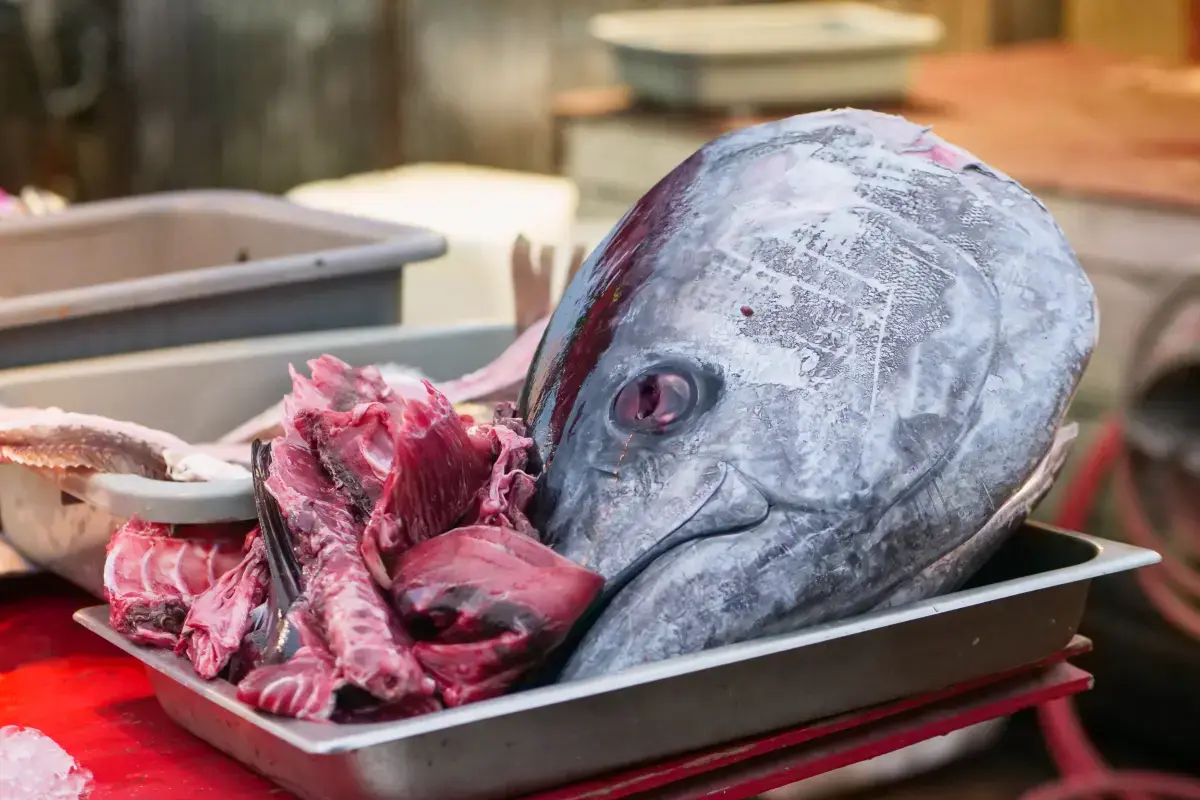
What makes an Expert Fishmonger?
Some fishmongers specialize in selling live seafood, such as crabs, lobsters, and oysters. They must be able to keep the seafood alive until it is sold. This often requires special tanks or other equipment. Many people who become fishmongers start out working in the fishing industry. This experience can be helpful, but it is not always necessary. Some people learn on the job by working for a grocery store or market that sells seafood. There are also training programs available that teach people how to be a fishmonger.
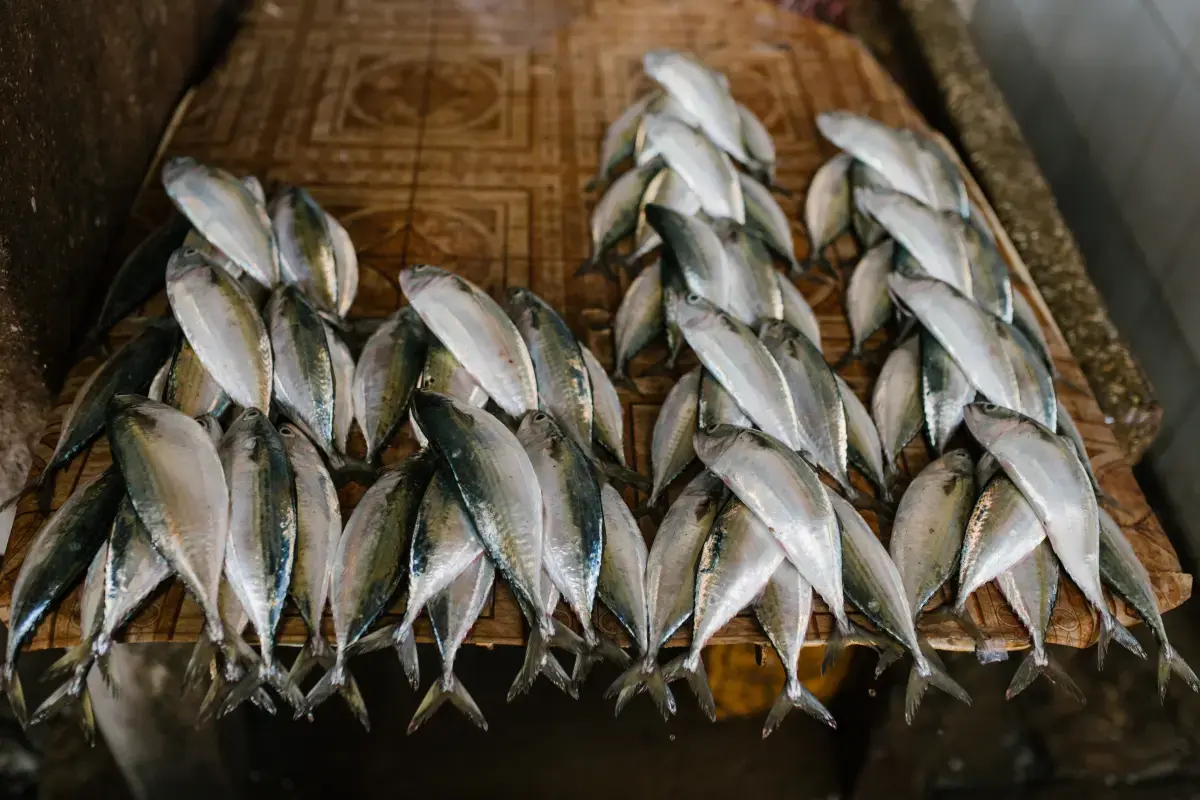
What level of Experience & Qualifications are required to be a Fishmonger?
Industry Experience: - At least 3 years of related experience in the seafood industry, such as food preparation, quality assurance, and/or handling of live fish. - Demonstrated knowledge of seafood species and grades. - Ability to distinguish freshness and quality levels of various types of seafood. Training: - Attendance at seafood industry seminars or workshops to stay updated on new techniques for fishmongering. Qualifications: - Certification from a reputable organization within the aquaculture or fishing industries is preferred; such as Seafood Handling Certificate (SHC) issued by the National Fisheries Institute (NFI). Education: - High school diploma with additional coursework in biology, chemistry, or culinary studies is preferred for this position
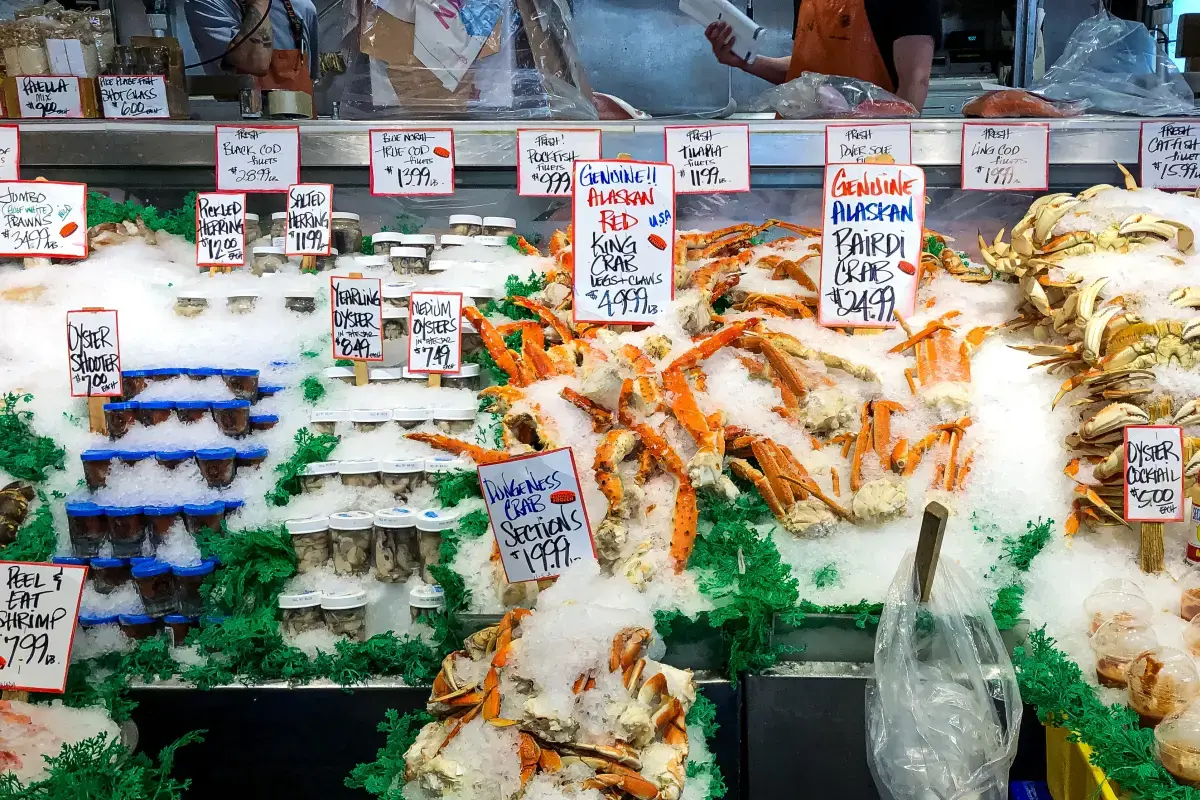
What is the Salary of a Fishmonger?
Junior Level Fishmonger: A junior level fishmonger typically earns anywhere from $10.50 to $15 per hour. This can vary depending on the location, experience, and market competition. At this level a junior fishmonger would likely be responsible for cleaning and cutting fish in-store or restaurant kitchen as well as placing orders with suppliers. Midlevel Fishmonger: An experienced midlevel fishmonger usually earns between $16 and $20 per hour on average. Their responsibilities include overseeing the cleaning and cutting of seafood as well as managing inventory levels in addition to other tasks like training staff and managing customer relations if necessary. Depending on the employer’s policies, these professionals may also receive benefits such as vacations days or health insurance coverage in addition to their wages salary package.. Senior Level Fishmonger: Senior-level fish mongers can earn an average salary of about $22 to up pay upto$25 an hour depending upon individual skillset plus additional bonuses for good performance too . These professionals are in charge of overall operations related to seafood preparation in store or restaurant kitchens which includes selecting high quality seafood products, manage inventories adhering to health codes regulations etc . They may also take additional duties like training new staff members , developing new menu items with suggestions form customers management & keeping financial records totally securet without any tampering expected from any corner whatsoever!

What are the Working Conditions for a Fishmonger?
The general working conditions for a fishmonger can vary greatly depending on their place of employment. Generally speaking, it is important to have excellent physical fitness, the ability to work in a standing position while dealing with customers and handling fresh fish, and a good knowledge of oceanic species. Typical duties may range from operating machinery such as an automated filleting machine, weighing products like shrimp or smoked salmon and packaging them for sale, dealing with customer orders at displays or counters and providing solutions for any questions they may have about seafood dishes. Working hours will usually vary depending on the location’s opening hours; hence some shops may be open earlier during the week or in weekend mornings than regular working hours would dictate. As this is an industry which involves contact with living sea creatures there are also high standards of hygiene that must be maintained; kitchen floors should be kept clear of debris since slippery surfaces can easily cause accidents when one handles large crates containing live marine species!
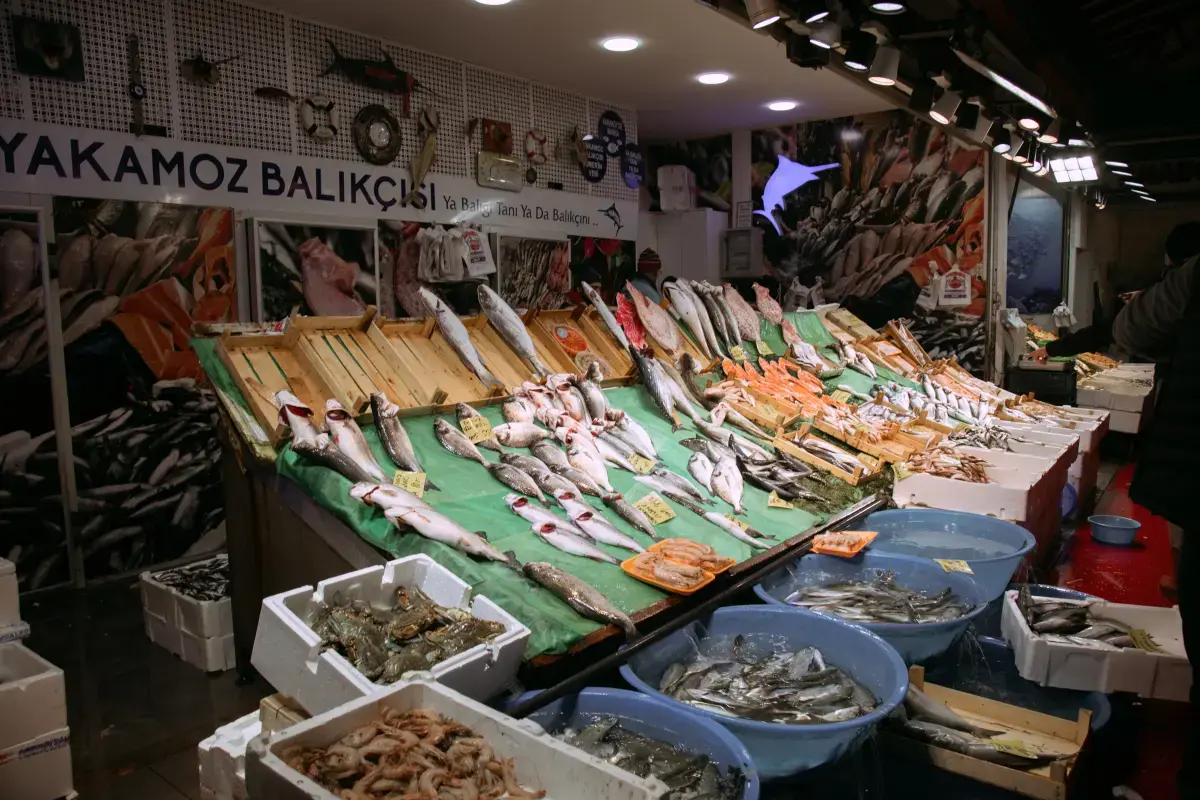
What are the roles and responsibilities of a Fishmonger?
To ensure that customers receive the freshest seafood products possible, fishmongers must rotate stock and keep track of inventory levels.
)) They clean and trim whole fish, as well as cut fillets or steaks to order.
) A typical day for a fishmonger may also include cleaning and maintaining the work area, equipment, and utensils.
) Fishmongers may sometimes be responsible for live seafoodtank maintenance. This involves feeding the creatures and ensuring their tanks are clean.
) In some cases, they advise customers on selection, preparation, and storage of seafood items. They might also provide cooking tips or suggestions for businesses who sell prepared seafood dishes.
) Some fishmongers develop close relationships with suppliers in order to get the best quality (and price!) on fresh seafood items. They use this knowledge to haggle for better prices and pass along the savings to customers.
) Others work with local fisherman or aquaculturists to source sustainable seafood options that follow regulations set by state or federal governments
WHERE APPLICABLE . For example, all California Red Abalone must now be farmed rather than wild-caught due to overfishing . The Monterey Bay Aquarium’s Seafood Watch program is a great resource for finding out which species are being fished sustainably in your area .
) Most importantly , fishmongers should have an extensive knowledge about different types of seafood , including where they come from , how they’re caught or raised , their taste profiles , texture differences , how to properly cook them , etc . This allows them not only educate others but also make sound decisions when stocking their own displays .
)Keeping the seafood section clean and organized.
) Defrosting, cleaning, and portioning seafood.
) Stocking shelves with fresh product.
) Maintaining quality control of products in the department.
) Rotation of stock to ensure peak freshness product.
) Assist customers with their selections of fish and seafood .
) Provide expert cooking tips and recipe ideas for customers.
Be able to properly cook and prepare fresh seafood dishes in order to promote fish sales within the store.

Where can I find Fishmonger jobs?
- Create a profile on gigexchange and promote your Fishmonger skills to advertise you are Open to New Work Opportunities
- Ensure your Resume (or CV), or online work profile is up to date and represents your skills and experience. Ensure your reputation reflects your ability & attitude.
- Apply for Fishmonger Jobs advertised on gigexchange.
- Practise Fishmonger interview techniques to ensure you represent your personality and ability succinctly and confidently.
- Accept the job offer if the salary meets your expectations and the employer mission and purpose reflects your core values.
Jobs
What are the best job boards for Fishmonger jobs?

How can I hire Fishmonger staff online for my business?
The best job board for recruiting Fishmonger experts is gigexchange.com. Advertise full-time, part-time or contract jobs to find, hire & recruit trusted, experienced and talented Fishmonger candidates near you.

Are Fishmonger roles in demand in 2026?
Fishmonger experts are still in high demand in 2026. If you are an experienced Fishmonger or looking to train and become one. The job market is looking strong for Fishmonger jobs near me.